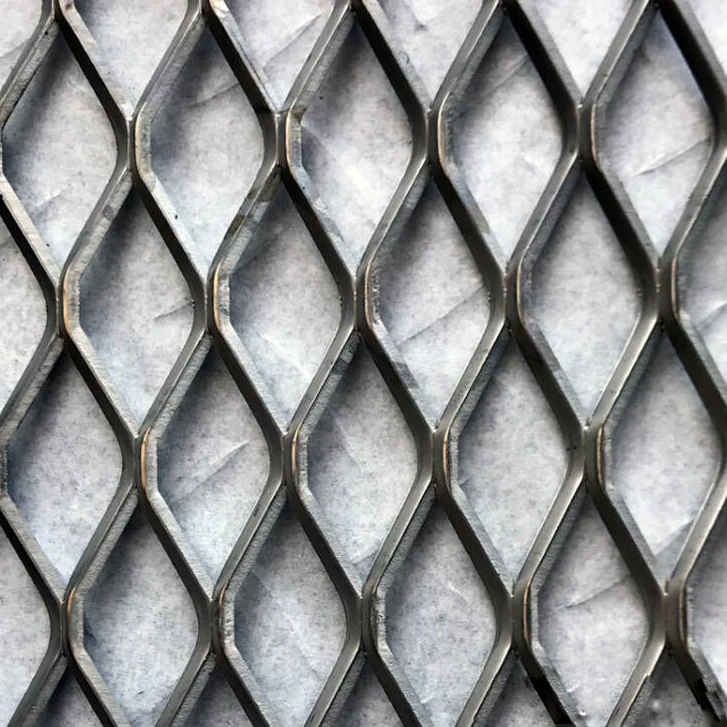Soundproof Highway Walls A Solution for Urban Noise Pollution
As urban areas continue to develop and expand, so too does the problem of noise pollution, particularly in regions close to major transportation routes such as highways. The constant rumble of vehicles, honking horns, and the swish of tires on pavement can create an unbearable auditory environment, affecting the quality of life for many residents. In response to this growing issue, soundproof highway walls have emerged as an innovative solution aimed at mitigating noise pollution and creating a more tranquil urban experience.
Soundproof highway walls, often referred to as sound barriers or noise barriers, are specially designed structures placed alongside highways to absorb and deflect noise. Unlike traditional concrete barriers that primarily focus on safety, soundproof walls incorporate acoustic materials and design technologies that significantly reduce the transmission of sound waves into adjacent communities. These barriers can be constructed using various materials, including concrete, steel, and engineered wood, combined with sound-absorbing surfaces to enhance their effectiveness.
One of the key benefits of soundproof highway walls is their ability to improve the quality of life for residents living near busy roadways. Studies have shown that prolonged exposure to excessive noise can lead to a range of health problems, including stress, anxiety, sleep disturbances, and cardiovascular issues. By effectively dampening highway noise, soundproof barriers can contribute to better overall health and well-being for affected populations. This outcome is particularly important for vulnerable groups such as children, the elderly, and individuals with pre-existing health conditions, who may be more susceptible to the harmful effects of noise.
Additionally, soundproof highway walls can help to enhance property values in nearby neighborhoods. Properties located near noisy highways often struggle to maintain their market value, as potential buyers are deterred by the incessant disturbance. By reducing noise levels, sound barriers can make these communities more appealing to prospective homeowners, thereby stabilizing and even increasing property values. This transformation can lead to a revitalization of neighborhoods that were previously considered undesirable due to their proximity to high-traffic routes.
soundproof highway walls

From an environmental perspective, soundproof highway walls can also play a role in promoting sustainability. Many modern sound barriers are designed with eco-friendly materials and methods in mind, often incorporating green elements such as vegetation and solar panels. Green walls, featuring living plants, not only absorb sound but also improve air quality by filtering pollutants. They can create habitats for local wildlife and contribute to urban biodiversity, thereby enhancing the ecological health of the area.
The installation of soundproof highway walls, however, is not without its challenges. The planning and construction process requires careful consideration of various factors, including the geographical layout of the area, the types of materials used, and the overall design of the walls. Additionally, community engagement is essential; local residents should be involved in discussions about the barriers' placement and design to ensure that their concerns and preferences are addressed.
Moreover, while soundproof highway walls can significantly reduce noise pollution, they are not a panacea. Urban planners and city officials should adopt a multifaceted approach to combat noise pollution, including promoting public transportation, encouraging the use of electric vehicles, and implementing traffic flow management strategies. By combining these efforts with soundproof barriers, cities can create a more holistic strategy for diminishing urban noise and enhancing the quality of urban life.
In conclusion, soundproof highway walls represent a promising advancement in the ongoing battle against noise pollution in urban settings. By effectively absorbing and deflecting roadway noise, these barriers provide a solution that benefits both residents and the environment. As cities continue to grapple with the challenges of growth and noise management, soundproof highway walls offer not only immediate relief but also a pathway toward healthier, more sustainable urban living. With thoughtful design and community involvement, these structures can play a pivotal role in creating quieter, more livable cities for generations to come.
-
Why Galvanized Trench Cover Steel Grating Resists Corrosion
NewsJul.10,2025
-
The Versatility and Strength of Stainless Expanded Metal Mesh
NewsJul.10,2025
-
Load Calculations in Steel Grating Platforms
NewsJul.10,2025
-
Keeping Pets and Kids Safe with Chicken Wire Deck Railing
NewsJul.10,2025
-
Hole Diameter and Pitch for Round Perforated Metal Sheets
NewsJul.10,2025
-
Aluminium Diamond Mesh in Modern Architecture
NewsJul.10,2025
Subscribe now!
Stay up to date with the latest on Fry Steeland industry news.

